Interview: David Bennett of THE SAN DIEGO OPERA
David Bennett Is the General Director of the San Diego Opera
.jpg?format=auto&width=1400) David Bennett is now six years into his job as general director of the San Diego Opera Association. When hired, he faced shaky finances, a loss of major donors, and huge turnover in the membership of the board of directors. The new board hired him with the understanding that downsizing and reinvention of the organization were his priorities. Then, after getting off to a surprisingly good start, Bennett had the forced restrictions of COVID-19 to contend with. Perhaps a biblical plague of locusts is next?
David Bennett is now six years into his job as general director of the San Diego Opera Association. When hired, he faced shaky finances, a loss of major donors, and huge turnover in the membership of the board of directors. The new board hired him with the understanding that downsizing and reinvention of the organization were his priorities. Then, after getting off to a surprisingly good start, Bennett had the forced restrictions of COVID-19 to contend with. Perhaps a biblical plague of locusts is next?
I recently spoke with Bennet for over an hour via Zoom and found him to be unfazed, still his usual thoughtfully upbeat affable self. His training and experience have made him unusually well qualified to lead an arts organization in troubled times. Unknowing preparation began with piano lessons taught by his mother. "Then in school music programs I took up the violin, and trumpet. After ditching the violin, I played trumpet through junior high and high school, acted in school productions, continued to sing in church and then in my high school's chorus program. I attended opera occasionally. My mother loved opera and we listened to the Texaco radio broadcasts on Saturdays."
Bennett received a scholarship to attend Texas Christian University and joined their strong choral program. At TCU he earned a degree in music and went on for masters degrees in both business and arts administration from Southern Methodist University. After flirting with the idea of becoming a critic, he decided, "It was more fun to be on stage than listening and writing. So, plus you know, I didn't want some people hating me all the time, which happens no matter what you write." (I understand his preference, but do usually get good seats.)
While at university Bennett performed in recitals and received languages and diction training essential to operatic performance. After graduation, he sang as a baritone for more than a
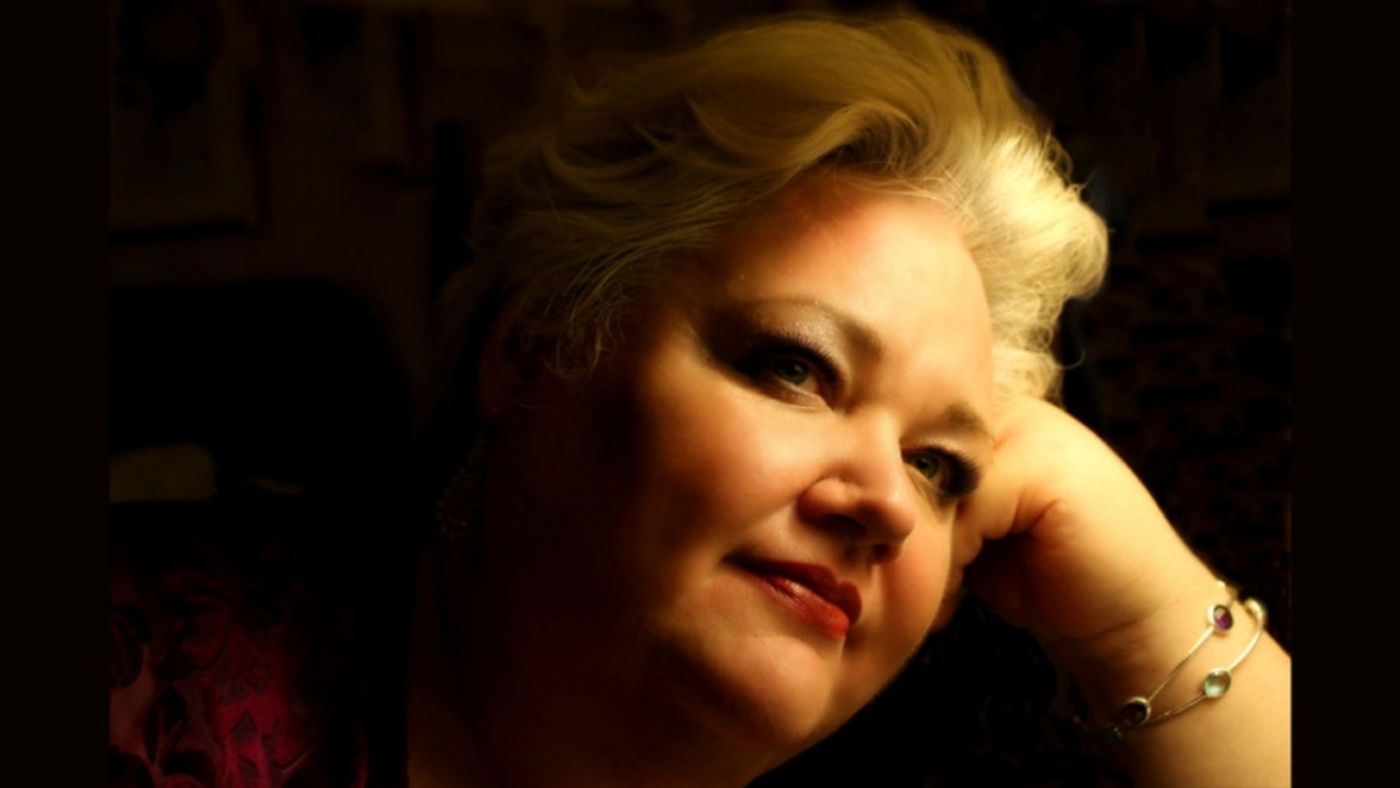
decade, appearing with the Dallas Opera, the Florentine Opera of Milwaukee and others. Tiring of the necessary travel, he moved into management as a consultant to Arts Resources International, then managing director of Dance New Amsterdam. Finally, before coming to San Diego, he was with New York City's Gotham Chamber Opera for seven years, becoming executive director in 2010-final dead-on training for managing opera company challenges.
"When I got there, there were only two employees and one was the founding artistic director who didn't work in the office. We grew to a $1.5 million company with a staff of four." Hands-on is an inadequate description of his duties. He kept the books, opened the mail, deposited checks, and selected operas, performers and venues. Because Gotham was always on the edge financially, "There were months that I just didn't pay myself, so that was not fun." The company folded not long after he left.
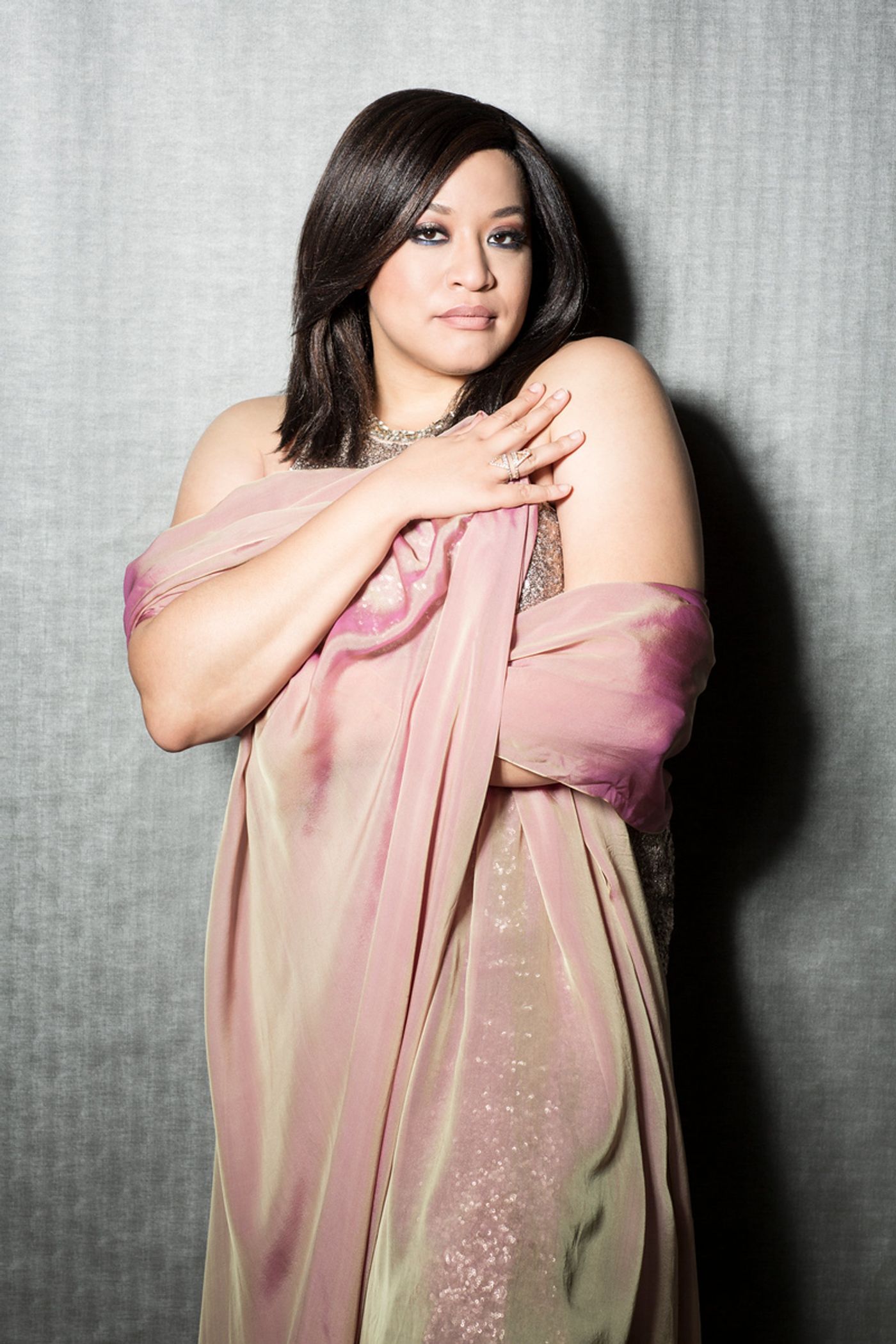
An opportunity for change arose when San Diego Opera's music director Ian Campbell stunned his board-of-directors by recommending the company be dissolved because of deteriorating finances. Though taken by surprise, board members accepted his recommendation in a 33-1 vote. After giving it more thought, however, board member and philanthropist Carol Lazier decided it wasn't as hopeless as Campbell believed. When 13 board members including President Karen Cohn resigned, Lazier became acting president and pledged $1 million toward rescuing the failing company. She soon established and chaired a committee to examine alternative futures, and they included hiring a new music director.
At that time, both Bennett and Lazier were serving on the board of Opera America, a national organization which provides a broad range of services to opera companies and performers. Bennett became a candidate for Campbell's replacement and was soon hired. He'd run Gotham on a tight budget for seven years. and wasted no time taking advantage of his experience.
"Gotham taught me that growth for growth's sake is not the way to go. Most companies decide
what they will stage and then how much money they have to raise to do it, sometimes overestimating projected income." That was still happening in San Diego when he arrived. Despite near bankruptcy "the budget was still $13 million. Pre-pandemic we reduced it to around $9-to-10 million. It's a good size for us right now."
Improved budget management has been accompanied by an endowment jump from roughly $4
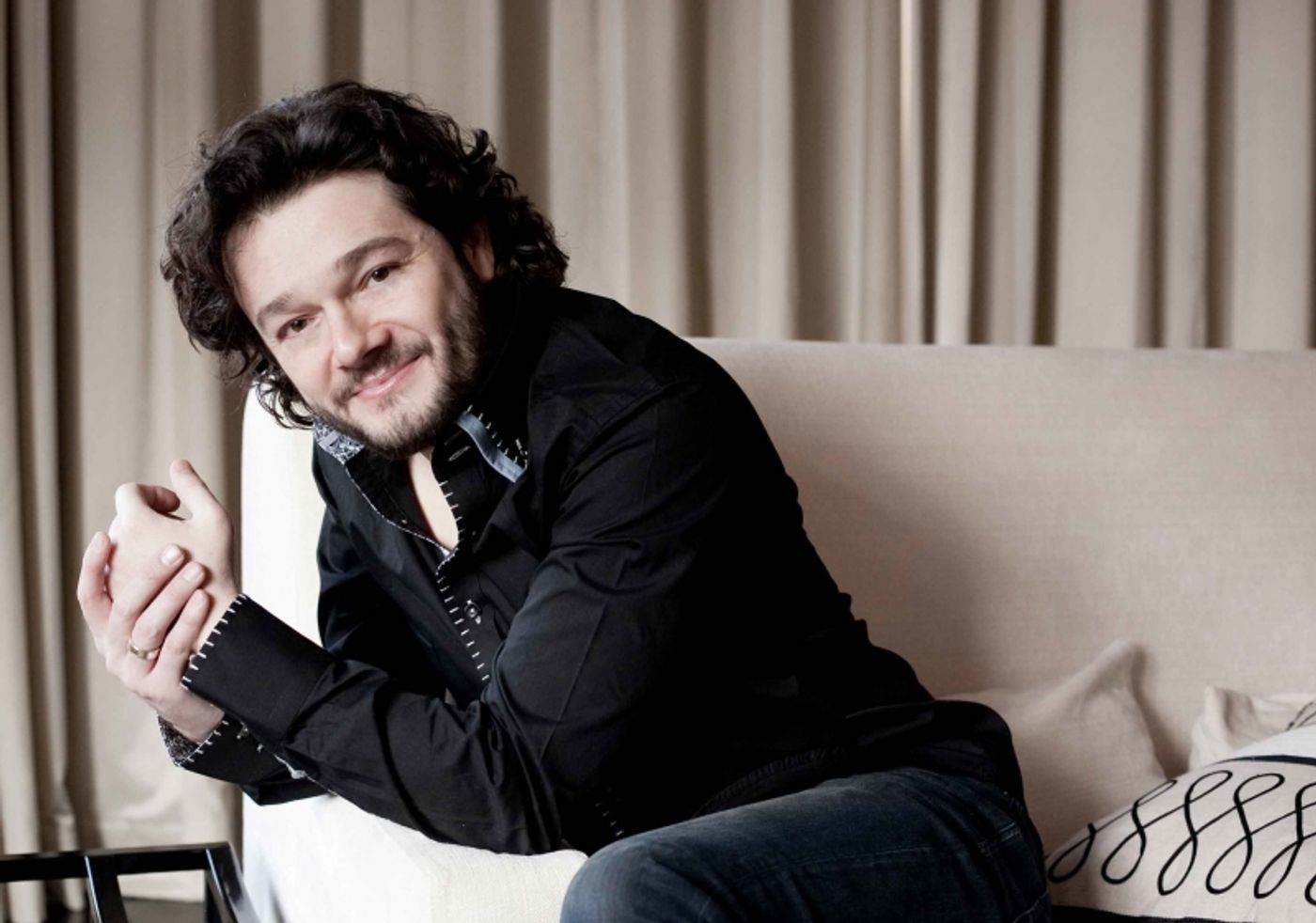
million to $9 million. Reserves have also increased, and the most recent fiscal year saw a small budget surplus despite COVID's disruptions. "So the balance sheet looks really good. We've gone from dwindling to growing assets, and an endowment that is larger than your operating budget is a really good sign."
Achieving financial stability was critical, but not the board's only aim in hiring Bennett. A recently completed three-year strategic plan makes that clear.
"It lays out what we're planning artistically but is really more about how we want to serve the larger community." Under Bennett the company has made major strides toward fuller integration into that larger community, which includes Tijuana, Mexico 17 miles South of downtown San Diego.
The detour series has been the most visible and effective innovation, expanding the audience with concerts and smaller-scale contemporary operas staged at more intimate locations around
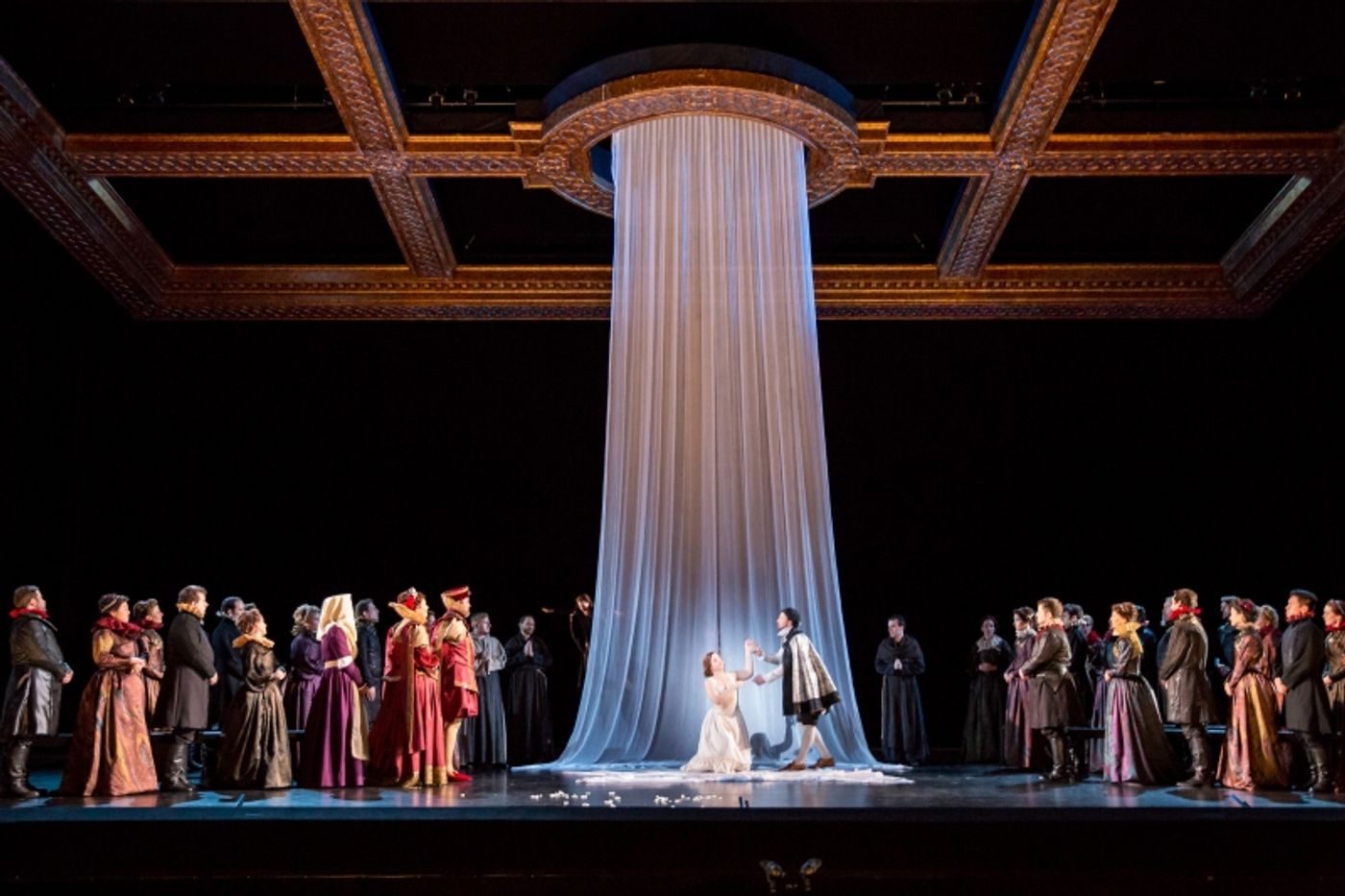
the city. "We're finding that we're appealing to donors now that we didn't before, who maybe aren't the biggest fans of opera but really care about San Diego. And so they support us because of the role that we play in serving the city.
The detour series includes modern chamber operas with themes on the concerns of those other than the usual operatic gods, goddesses, and royal families--operas which have drawn possible new fans, many of them from San Diego's large military and Latin populations. "We want to have a Spanish version of the website, bilingual supertitles and programs printed in Spanish."
Bennett speaks of the expressiveness of the human voice in the same context. "It's at the center of what we do because you can use it to connect to other cultures. If you can talk to somebody about the way they connect with vocal music, you can start to talk about how to draw them into this potency and the power that's the centerpiece of opera."
Can video have an expressive impact--replace opera glasses perhaps? "We are hoping to employ live video closeups of some of the singers to show the intimacy of the relationships. I thought that by using video, we would save money on scenery but that's not proven to be the case.
"It will be interesting to see what happens when technology for virtual reality and augmented reality become cheaper. During an immolation scene could the theater catch on fire around you, or you reach your hand out, and suddenly it has a costume on it? We're going to do another Opera Hack contest next summer, and I'm hoping we can inspire people to think about how to use technology on the stage."
Bennett's operatic experiences and tastes are broad--Monteverdi to Heggie. "A season's programming is partly a conversation with the production and artistic team, but I would say from the artistic perspective pretty much my decision. Some operas are bigger in revenue and some more expensive, and you hope that the expensive one also has bigger revenue but that's not always the case." The detour series of more modern fare has been selling out, attracting new patrons, and losing less money than traditional grand opera, but the latter attracts larger donations. "So you need to be careful, in my opinion, to have a very good mix of both."
2
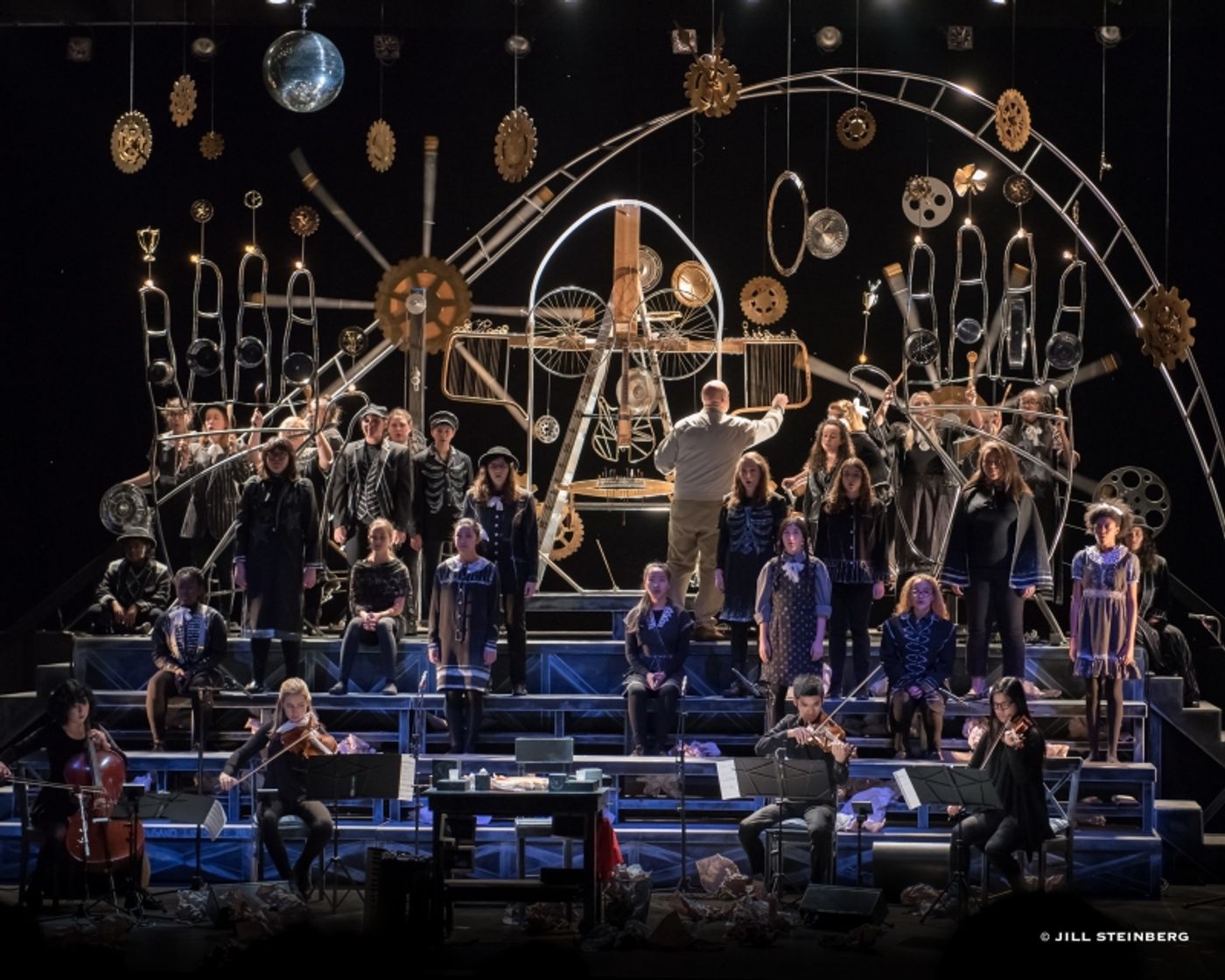
For this season, safety planning is a major issue. The state of California recently mandated that gatherings of 1000 or more must have proof of vaccination or a negative COVID test within 72 hours before the event, and masks are required for all audience members. "We're starting off with three concerts with one singer and a pianist on stage. Cruz's concert, the last of them, will have a mariachi component." The smaller-scale concerts will provide experience in the logistics of ensuring audience safety that will help planning for the much larger Spring productions.
Casting for the coming season is likely to continue a tradition of fine singing, a tradition easier to sustain thanks partly to the company's reputation for treating performers well. Singers want to come back. "You know, that preceded me, so I do have to give credit to Ian Campbell. Of course, it is San Diego, you know, I can play golf in January if I want to.
"I'm very proud of the singing we have this year. Dominic Domingo (a grandchild of Placido Domingo) no longer works with us full time, but he's an artistic advisor. Through his role in the Operalia Domingo competition he gets to know young artists personally. So we're bringing in quite a few singers I didn't know of who are just beginning big international careers. And I'll bring other fabulous singers I do know personally, so I'm really excited about the singing this year."
The season begins with recitals by Stephanie Blythe, Michelle Bradley and Arturo Chacón-Cruz. Spring will see full productions of Mozart's Cosi fan tutti and Gounod's Roméo et Juliette. The season concludes with the West Coast premiere of Aging Magician, a chamber opera by Paola Prestini with libretto by Rinde Eckert. For schedule and ticket information visit the San Diego Opera website. Uncredited photos compliments of San Diego Opera
Videos

